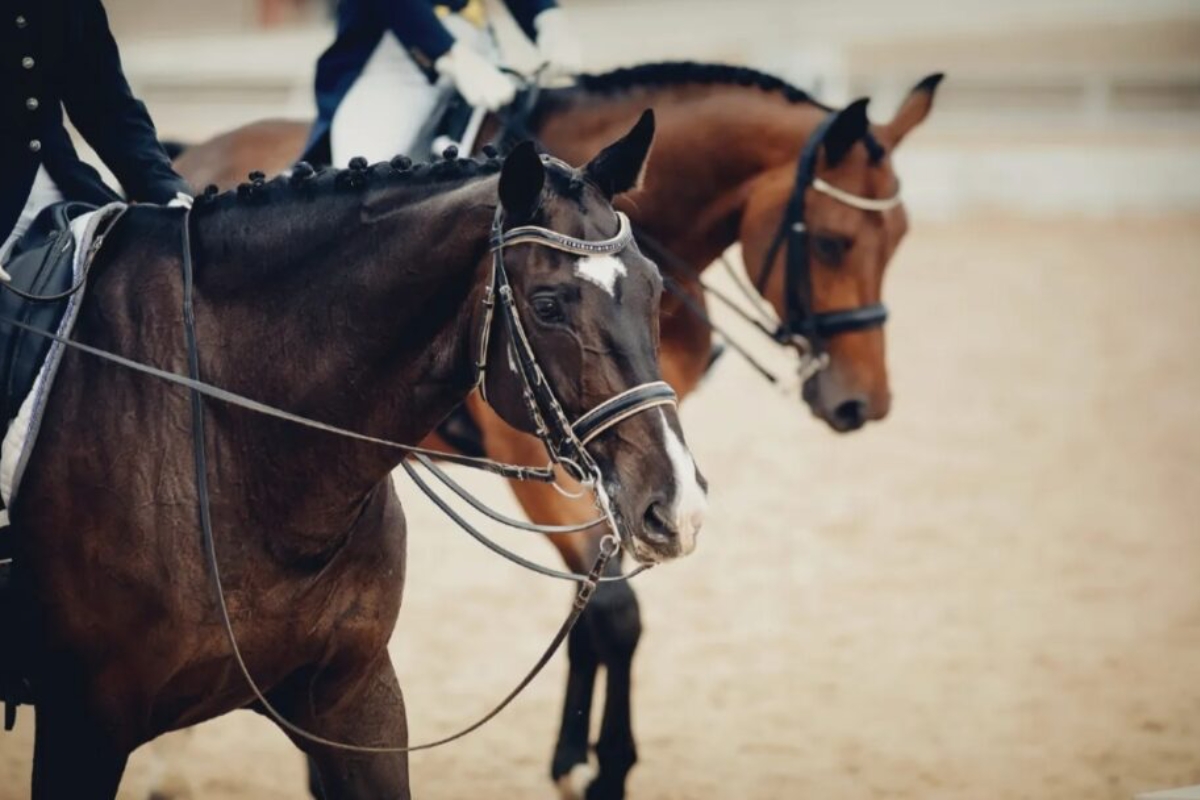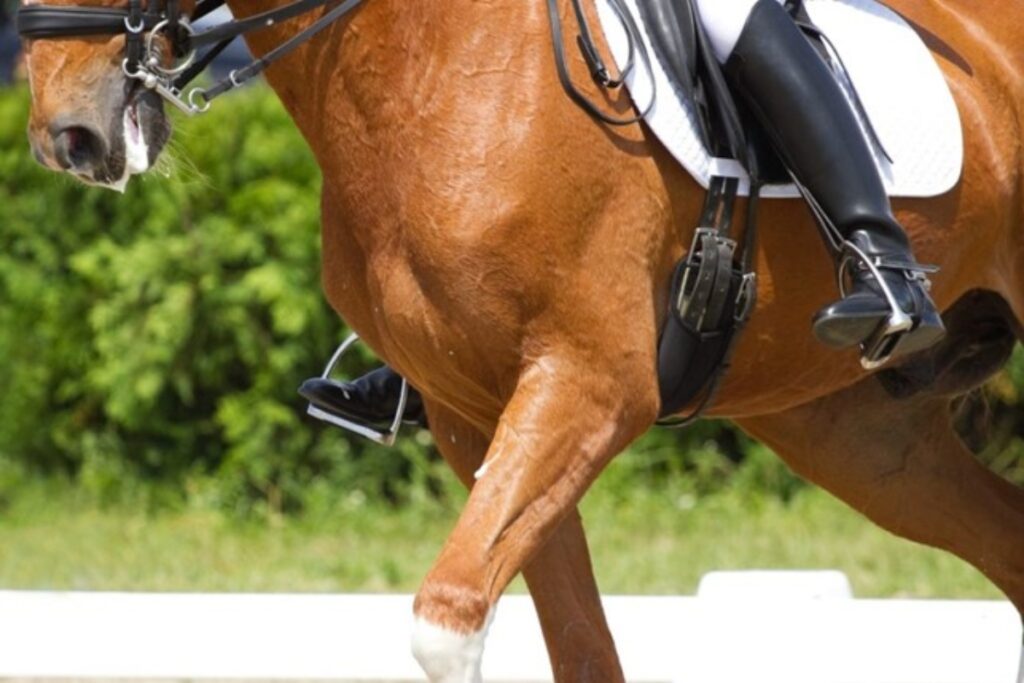Menu

How good are you at remembering to give your horse a break when you train? The training of your horse is probably both fun and enriching for you - and it should preferably be the same for your horse. So, the question is, when have you trained enough and when are you moving into excess training? An important element is the number of breaks in the training.
You may also like to read: How to ride a dressage test -Top tips
A tired horse is much easier injured than a horse that is fit and fresh. When the horse is tired, fine motor skills are affected and the horse can stumble and fall. Muscles that support joints and tendons become tired and the risk of joints and tendon injuries increases significantly. One of the reasons why you have to give your horse a break. On top of that, the muscle itself can be damaged when the horse is tired. If we want strong horses and have them last for a long time, then we must recognize that it takes a long time to achieve full strength in tendons, joints and bones.
As a rider, it is important that you pay attention to signs of fatigue in the horse. It may be increased heart rate, increased breathing rate, unwillingness to work. Or the horse is not able to concentrate and starts to stumble.
It is important to give your horse a break during the training so the horse can recover and get the breath back. This applies both to the individual training session, but also to the training plan in general.
Think, for example, that you should not put two days of hard work right after each other. If your horse has worked hard the first day, it should have a lighter training pass the next day. In the days after a competition your horse benefits from calm and detached work - such as just a walk.
At the other end of the scale, you should not take several days off in a row. This may increase the horse's chance of getting kidney failure. It is also important to make sure that the horse´s feed is adjusted when the training amount is reduced.

Breaks can also be too long. So after long breaks the training must be adapted to the pace where the horse was before the break. Even after a few days without training, the horse will lose some of its speed and coordination ability. After one to two weeks, the loss of fitness will show up - and after a little longer, the loss of muscle mass will set in.
After very long breaks of months to years, bones, joints and tendons will begin to lose strength. If the horse is first in top shape, it actually does not require much work to keep it in shape. This means that a horse in top shape must be trained less and not as intensely - if it is to keep its shape.
It can make a lot of sense to adjust your training so that it peaks when you go to the competition. In the breaks between competitions, there is plenty of time for recovery - where your horse can be trained a little less.
Veterinarian Kristina Johansen, Brogaarden.